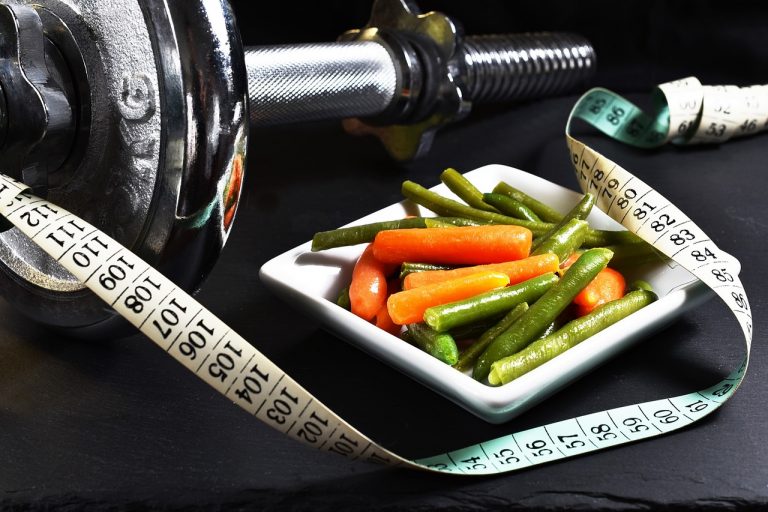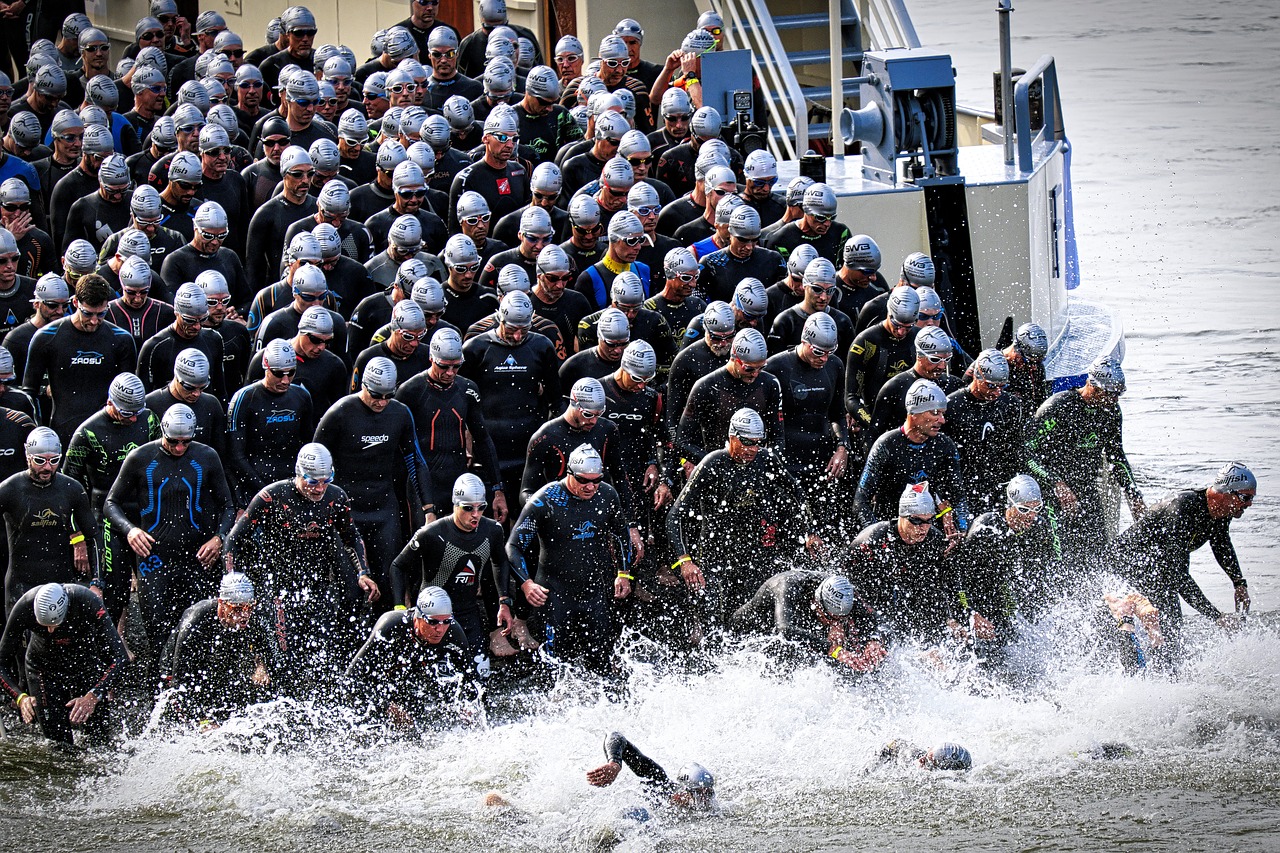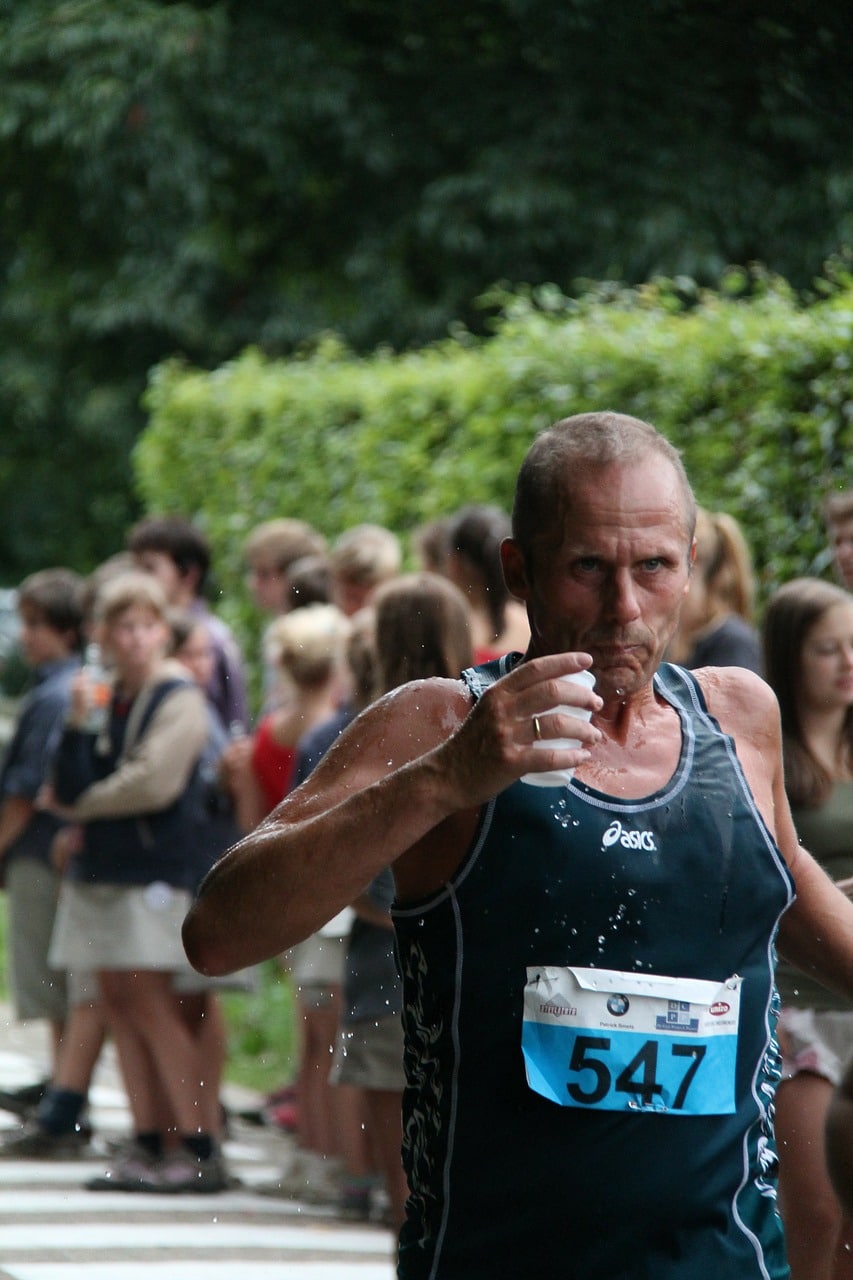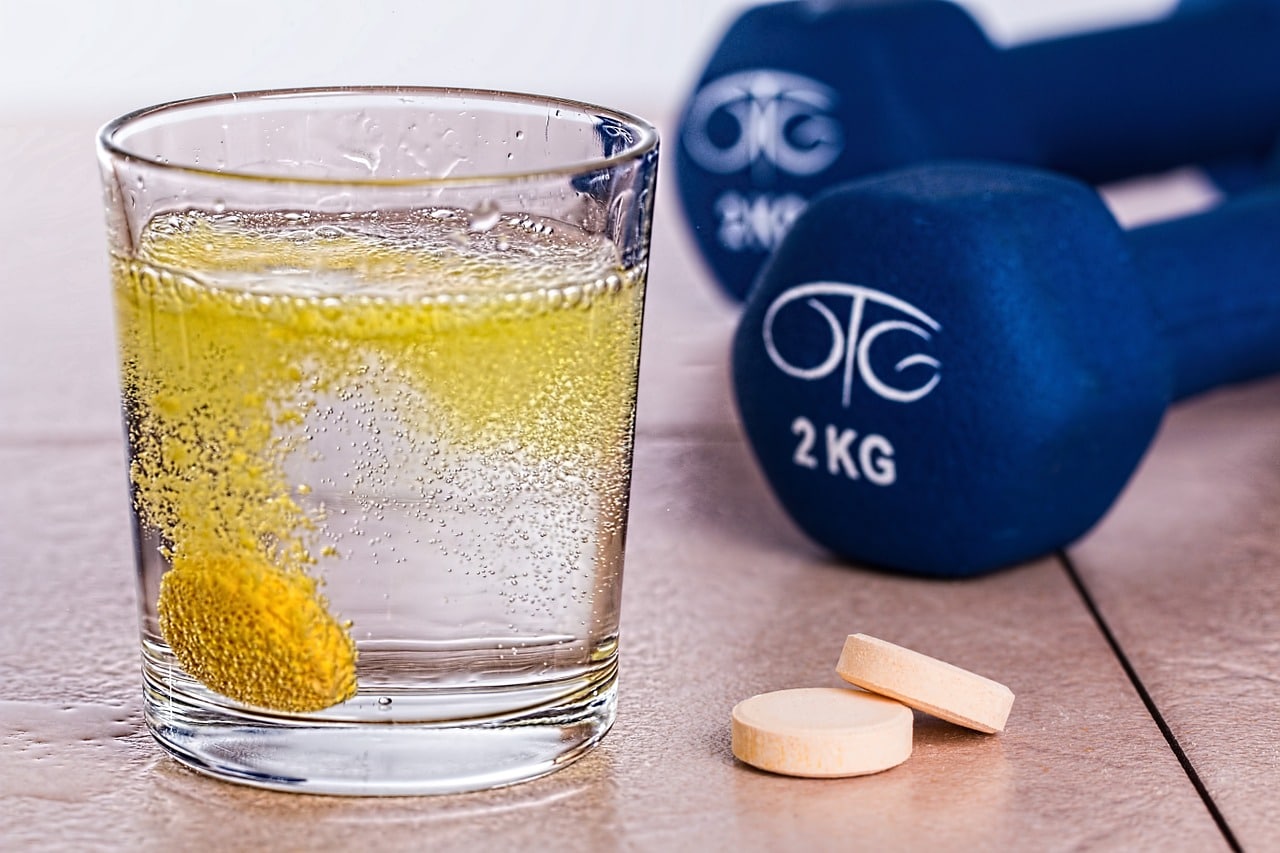
Diet and nutrition are a necessity to individuals in all works of life. However, sportsmen and women rely on a proper diet and nutrition to gain a competitive advantage over their counterparts. Sports diet and nutrition are generally about a healthy and well-balanced diet that enhances better track performance. Sportsmen and women consume a lot of calories in training and sporting activities. These calories must be maintained at an optimum level at all times to help individuals maintain optimal track performance.

Sports Diet and Nutrition
Proper diet and nutrition are also necessary for maintaining desired weight for particular sporting activities. Sporting activities such as marathons and other long races require a diet that will maintain lower body weights. On the other hand, games like rugby best fit individuals with heavier body weights. Maintaining this bodyweight needs a balanced intake of nutrients and body-building foods that are neither too little nor excess. To achieve a balanced intake of nutrients, you need the services of a nutritionist to achieve optimal body fat and body weight levels.

A wide variety of food that makes up for a balanced diet includes cereals, vegetables, dairy products, fruits, lean meat, and many others. Time and activity of taking different types of foods is also a factor to consider. Meals taken before and after sporting activities can make a big difference in the performance of an athlete.
Meals consumed four hours before sporting gives the body an optimal supply of energy. Starch is the best type of food to be taken before sporting since it is easily broken down to provide a constant supply of energy. Sugary foods and carbohydrates are discouraged before sporting. They may lead to dehydration and inconsistent levels of blood sugar. Most sporting activities require high tolerance levels. This is only possible if there are consistent energy levels.

Fluids
Fluids are beneficial when taken both before and after sporting activities. They help athletes to hydrate since they lose a lot of water through sweat. Recommended water intake should be approximately six millimeters per kilogram of an individual’s body mass. Electrolyte drinks also help athletes maintain the required liquid and temperature levels. High altitude areas need frequent hydration as compared to sporting in low altitude areas.
Meals taken after intense sporting activities may contain proteins, fats, and carbohydrates. These may be taken an hour after the games to replenish depleted energy levels. However, most athletes experience nausea and lack of appetite after intense activity. They are advised to take a lot of fluids that are rich in protein content and then later on they may take solid foods.
However, diet and nutrition is a lifelong practice. You cannot achieve as much if you only watch your diet before and after sporting activities. Adequate nutrition over a long period gives an athlete a competitive advantage over those who wait for the last minute. You should make it a habit to watch your diet and nutrition all your life.

Minerals and vitamins
Minerals and vitamins are equally important components of a proper diet and nutrition. Water-soluble vitamin B boosts the production of energy levels. This includes riboflavin, niacin and thiamin. Vitamin D is also essential for the absorption of calcium for strong bones. Antioxidants such as Vitamin E and C are also important during exercises in the body. Minerals that are necessary for a proper diet include Potassium, Iron, calcium, and Iron.
Minerals such as sodium are lost during sweating though it’s not recommended to take excessive amounts after exercise. Sodium draws a lot of water from body cells. Iron helps the blood in circulating oxygen to various parts of the body. Foods such as fortified cereals, red meat, and lentils are rich in Iron.
The above nutrients can easily be achieved by observing a balanced diet with a variety of food products. Many athletes tend to focus on supplements to achieve needed results. The truth of the matter is that all the necessary nutrients can be found in a variety of readily available food products. However, supplements can be of help as directed by health professionals. A well-balanced diet is all you need for your optimal sporting performance.